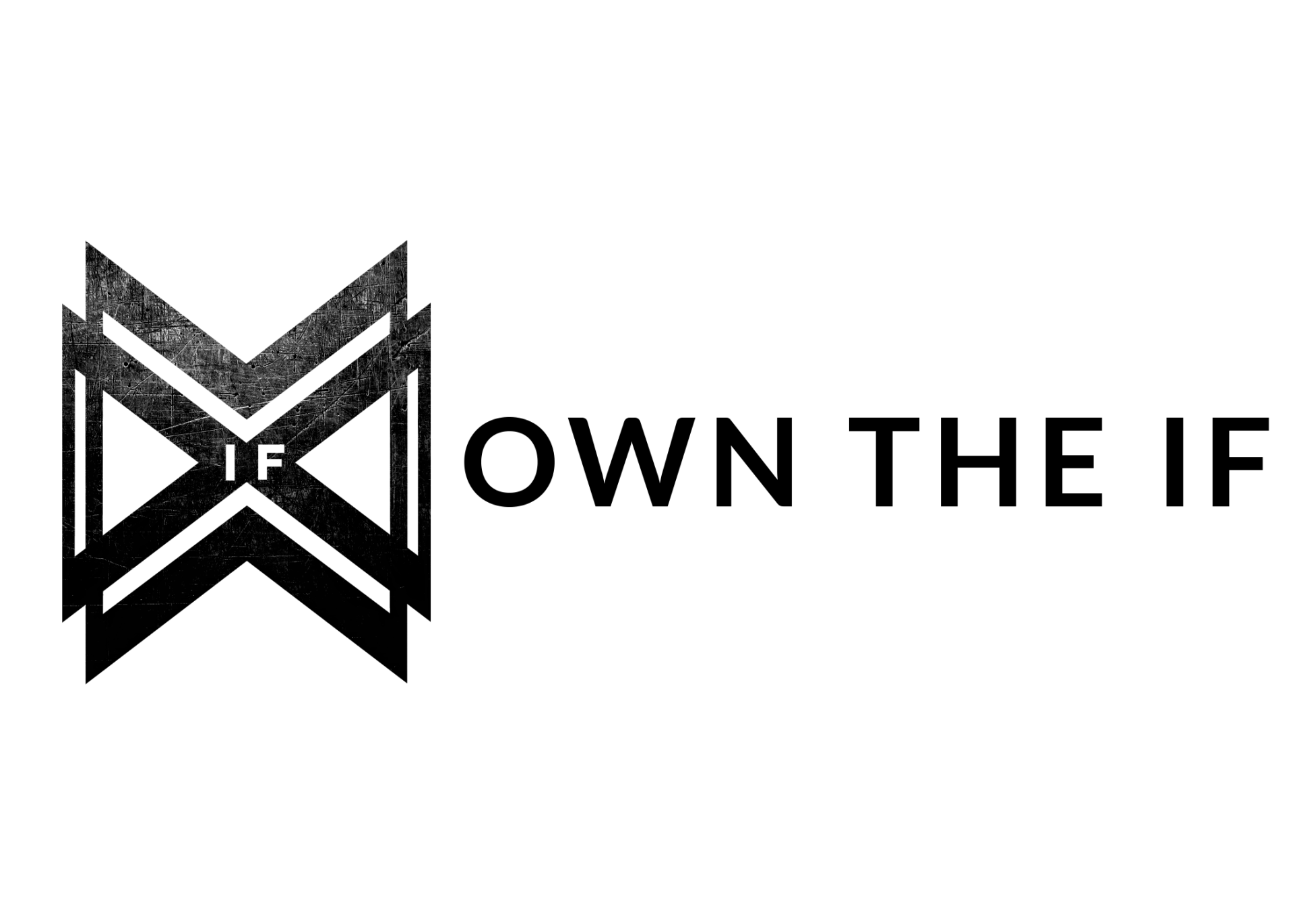In the age of technology, it seems like everyone is strapping on a fitness tracker or smartwatch. Whether it’s for counting steps, monitoring sleep, or tracking heart rate, these devices have become a common accessory for the health-conscious. But with so many options available, many people find themselves asking, “Should I get a fitness tracker?”
As a coach, clients ask me this question almost every day.
My Short Answer: It Depends.
Fitness trackers can be a powerful tool—if they align with your mindset and goals. For some, they are an incredible asset, providing valuable data that can help you fine-tune your health and performance. If you’re someone who thrives on numbers and data, with a mindset like an engineer or accountant, a fitness tracker might be just what you need. Elite athletes, bodybuilders, or anyone who gets paid based on physical performance or appearance might also benefit from the precise metrics these devices offer.
For these individuals, fitness tracker data is just that—data. It’s information that can be used to enhance performance, without any emotional attachment. The numbers don’t define you; they’re simply tools to help you reach your goals.
Personally, I’ve had a Garmin Forerunner 245 for 2.5 years, and I only take it off to charge it and shower. Why? Because I love the data—it keeps me accountable, highlights areas needing attention, and empowers me. My personality thrives on this information, making the Forerunner a game-changer for staying motivated and on track.
But what if that’s not you?
For others, a fitness tracker can become more of a burden than a benefit. It might lead to feelings of inadequacy, making you feel like you’re never doing enough. If you find yourself linking your self-worth to the numbers on the screen—whether it’s your weight, sleep quality, or heart rate variability—a fitness tracker might not be the best choice. You may be more likely to fall into this category if you view the behavior you’re tracking as a chore. Maybe you think, “I have to do this to lose weight,” or “I have to exercise because my doctor told me to.”
When your motivation is rooted in guilt or obligation, a fitness tracker can add pressure, rather than inspiration.
How It Works: Making the Decision
So, how do you decide if a fitness tracker is right for you? The key is to start with self-awareness. Reflect on your relationship with numbers and data:
- Understand Your Mindset: Are you motivated by data? Do you view metrics as helpful information or as a judgment on your worth? If the latter resonates with you, a fitness tracker might do more harm than good.
- Identify Your Goals: Are you pursuing specific, measurable goals that a tracker could help with? If you’re training for a marathon or trying to optimize your sleep patterns, the data could be valuable. But if your goal is simply to maintain a healthy lifestyle, you might not need the added complexity.
- Trial and Error: There’s nothing wrong with experimenting. Try using a fitness tracker for a set period, like a month, and regularly ask yourself, “How’s this working for me?” Is it boosting your motivation or causing stress? Do you find the data helpful or overwhelming? This reflection will guide your decision moving forward.
Bringing It Home
Ultimately, a fitness tracker is a tool—not a necessity. Long before the days of Garmin, Fitbit, Oura, and Apple Watches, people were managing their health successfully. If you decide to use one, great! But if it doesn’t work for you, that’s perfectly fine too.
The most important thing is to listen to yourself. Whether or not you use a fitness tracker, your ability to stay in tune with what motivates and energizes you is what will drive your success. Ask yourself the right questions, trust your instincts, and remember that the best health decisions are the ones that support your well-being without adding unnecessary stress.
Related Content
Why Tracking Workouts Is the Secret to Achieving Your Fitness Goals


